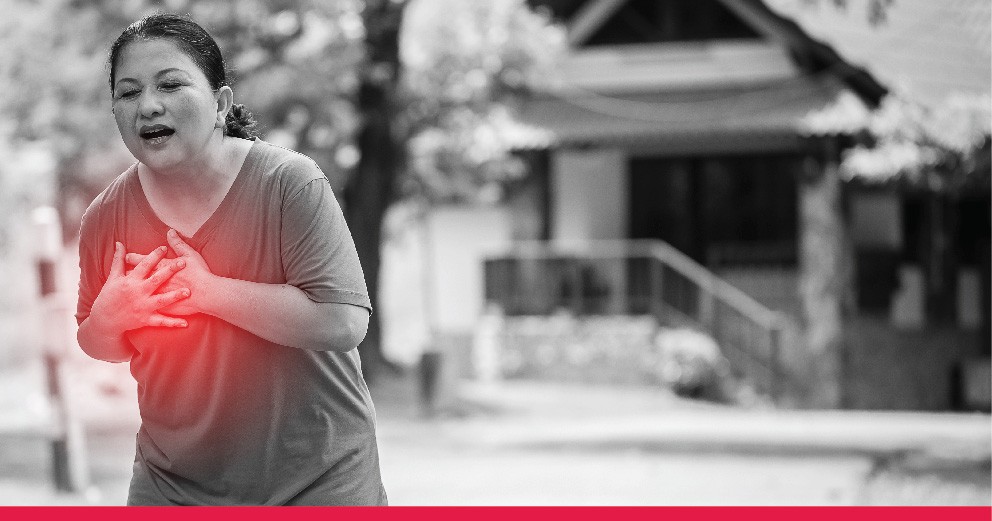The Non-Invasive Cardiology Department's cardiologists and Cardiac Surgeons provide comprehensive care of the highest quality, ensuring that patients receive the most advanced treatments known to medicine. Some of our complex treatments and procedures include:
Electrocardiogram :
Uses an electrocardiographic (EKG) machine to evaluate the electrical activity generated by the heart at rest and with activity.
Echocardiography (Adult, Pediatric, and Neonatal):
Uses ultrasound, or high-frequency sound waves, to create graphic images of the heart's structures, pumping action, and direction of blood flow. Stress echocardiography and transesophagealechocardiography (TEE) are also available.
Nuclear Stress Testing :
A method of producing images by detecting radiation from different parts of the body after the administration of a radioactive tracer material.
Doppler Echocardiogram :
This test looks at how blood flows through the heart chambers, heart valves, and blood vessels.
Stress Echocardiogram :
During this test, an echocardiogram is done before and after your heart is stressed either by having you exercise or by injecting a medicine that makes your heart beat faster. A stress echocardiogram is usually done to find out if you might have decreased blood flow to your heart (coronary artery disease or CAD).
Carotid Duplex :
Test used to evaluate the carotid arteries located in the neck that feed the brain with blood.
Venous Duplex :
Test used to evaluate the veins that carry blood to the heart from the legs and arms.
Arterial Duplex :
Test used to evaluate the arteries that feed the arms and legs with blood. Carotid, Venous, and Arterial Duplex tests are used to determine decrease blood flow in the vein or artery, due to blockage caused by clots or plaque build-up.
Arterial Physiologic Study :
Ultrasound and blood pressure cuffs are used to evaluate the arteries that supply the arms and legs with blood. Several blood pressure cuffs will be placed on your legs and arms. When inflated, the cuffs will provide blood pressure readings and waveforms. This test will locate areas of blockage within the arteries.
Abdominal/Renal Vascular Duplex :
Test used to evaluate the blood vessels that bring blood to and away from your abdominal organs and/or kidneys.
Holter Monitoring/Event Recording :
A Holter Monitor is a machine that your doctor will order which will continuously record your heart rhythms for 24 hours or more. The monitor is worn continuously throughout the day and night and because it is worn for an extended time period, it can help physicians determine if there is a problem with the heart that would not normally be detected with a regular EKG which only checks the patient's heart rhythm for less than a minute.
Coronary Angiography :
Uses 64-slice computed tomography (CT) scan to reveal the internal structures of the heart and the coronary arteries.
Transthoracic (adult and pediatric), Transesophageal :
An echocardiogram, often referred to in the medical community as a cardiac ECHO or simply an ECHO, is a sonogram of the heart. Also known as a cardiac ultrasound, it uses standard ultrasound techniques to image two-dimensional slices of the heart. The latest ultrasound systems now employ 3-D real-time imaging. In addition to creating two-dimensional pictures of the cardiovascular system, an echocardiogram can also produce accurate assessment of the velocity of blood and cardiac tissue at any arbitrary point using pulsed or continuous wave Doppler ultrasound. This allows assessment of cardiac valve areas and function, any abnormal communications between the left and right side of the heart, any leaking of blood through the valves (valvular regurgitation), and calculation of the cardiac output as well as the ejection fraction.
Stress Test (Exercise Tolerance Test) (ETT):
A test to see how the electrocardiogram (EKG) responds when exerted. The blood pressure will be monitored and the nurse will apply electrodes to the chest to monitor electrocardiogram (EKG) before, during, and after exercise.
Tilt Table Test :
A test to see how the body responds to changes in position for people who have had recurrent syncope (fainting spells).












